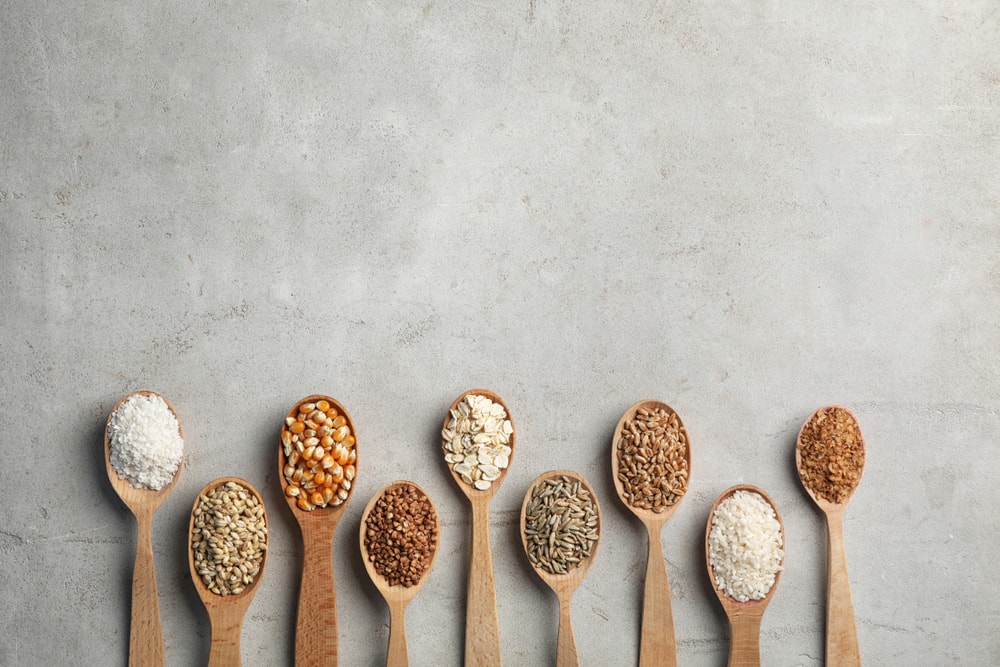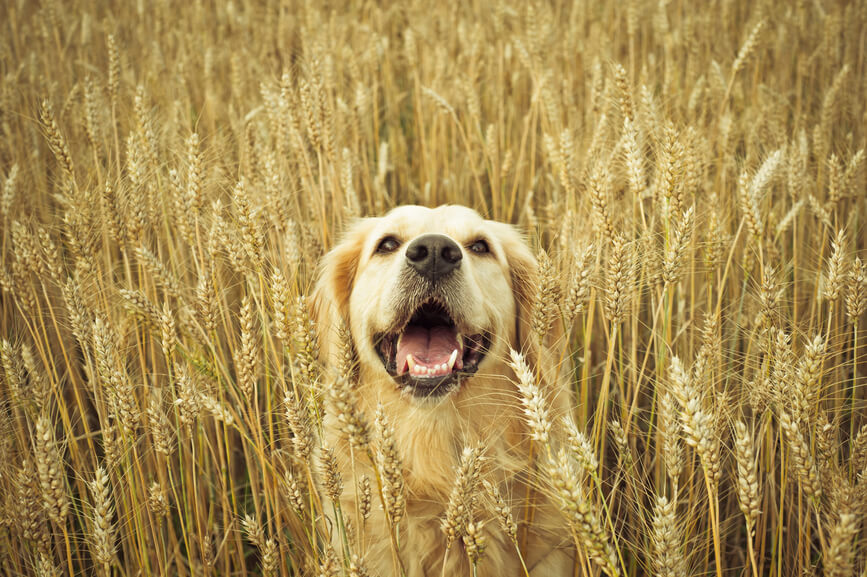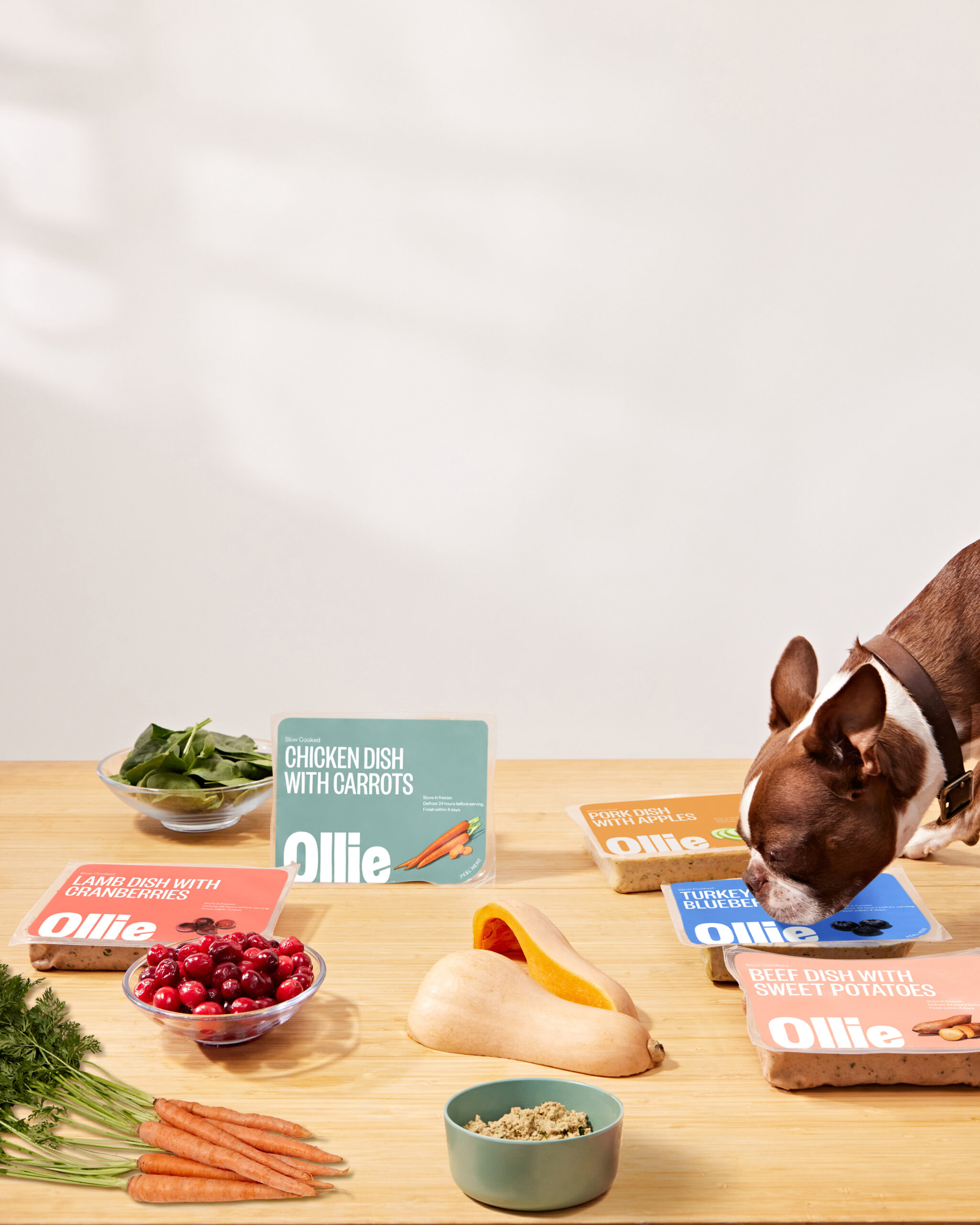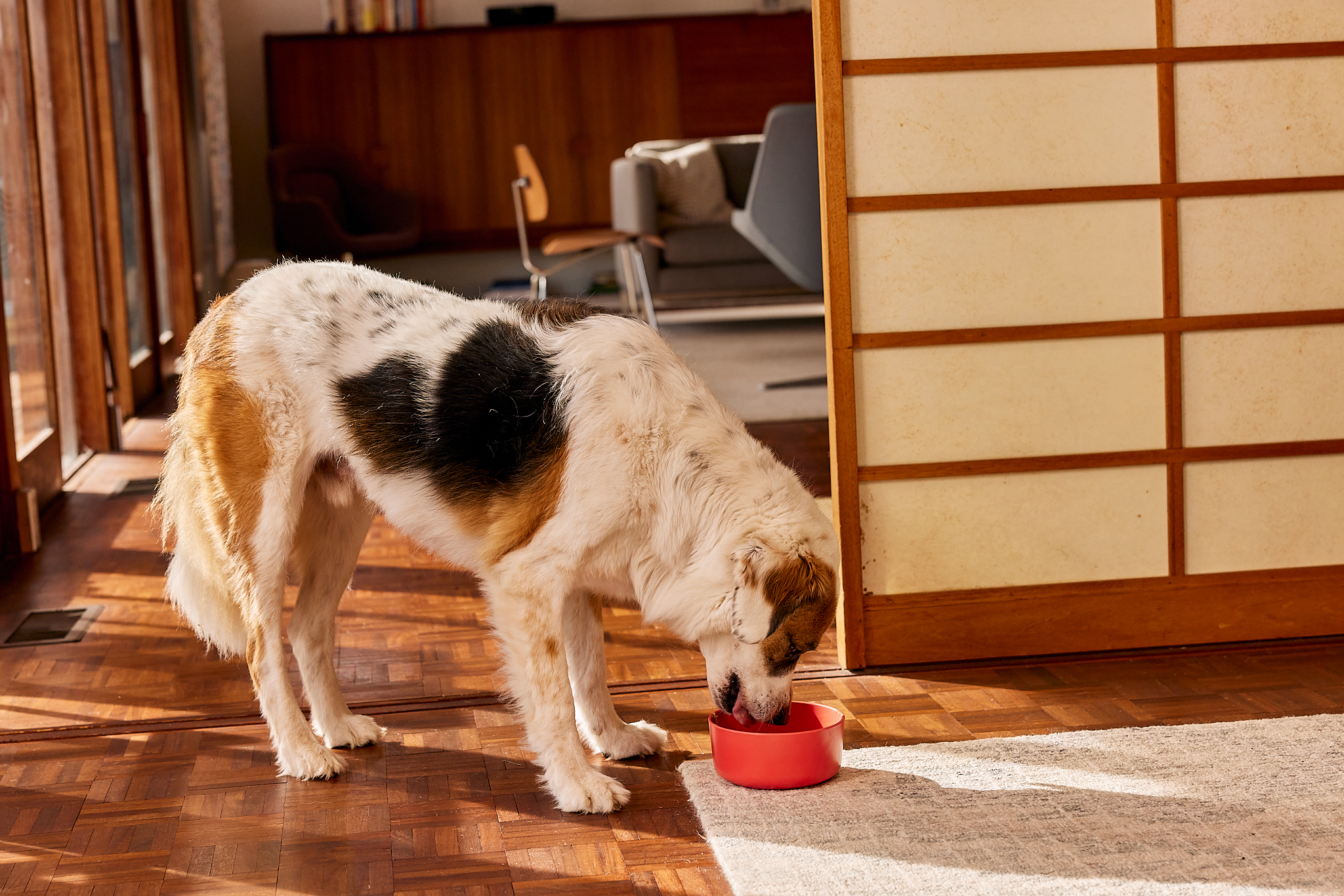Hey Ollie blog readers! We’re offering you an exclusive 60% OFF your starter box! Try now!
In July 2018, the Food and Drug Administration (FDA) announced that they were investigating reports of canine dilated cardiomyopathy (DCM) in dogs eating certain dog foods, many labeled as grain-free.1 Many dog parents became justifiably concerned. Finding an appropriate, well-balanced, nutritious diet for your pup is challenging enough without learning that certain ingredients may be damaging your dog’s heart. The following article provides relevant information to help you better understand this concerning issue.
What is grain-free dog food?
Grains—small, hard, dry fruits or seeds harvested for human or animal consumption—are classified as carbohydrates. The most frequently farmed commercial grain crops are cereals and legumes. Common grains include wheat, corn, barley, oats, rye, rice, and soy. Grain-free dog foods exclude these ingredients. However, dogs’ diets should include carbohydrates, which provide energy, and grain-free diets include alternative carbohydrate sources such as potatoes, peas, lentils, and pulses.
Are grains bad for dogs?
Grains can be an excellent nutrient source for dogs, providing carbohydrates, fats, and antioxidants. However, these ingredients can be problematic for dogs affected by certain conditions such as:
- Allergies — Some dogs have allergic reactions to their food’s ingredients, including grains. Dietary proteins are most often responsible for food allergies, but if your veterinarian has diagnosed specific grains as being your dog’s allergen, these carbohydrates should be excluded permanently from your pup’s diet.
- Gastrointestinal (GI) complications — Some grains can be difficult to digest, and dogs who suffer from frequent GI upset may benefit from eating a grain-free diet.

Why is the FDA concerned about grain-free dog food?
DCM is a canine genetic condition typically recognized in large or giant breeds such as Doberman pinschers, golden retrievers, Great Danes, and Irish wolfhounds. As a result of having a taurine deficiency, cocker spaniels also may develop DCM. Between January 1, 2014, and April 30, 2019, the FDA received 515 canine DCM reports, a significant increase from previous years. Many cases included dog breeds that had not been recognized as having a genetic predisposition to the disease, causing concern that DCM cases were increasing in dogs not previously considered genetically predisposed. Canine diseases aren’t routinely tracked, and—apart from reports the FDA receives—the typical disease occurrence rate is not known. When investigating the matter, the FDA found that 452 dogs were fed a dry dog food formulation, and 91% were fed a grain-free diet. This information spurred the FDA’s grain-free foods warning. The American Veterinary Medical Association (AVMA) estimates that approximately 77 million pet dogs live in the United States, and most have been eating dog food without developing DCM, but the FDA believed this information was concerning enough to inform the public.1 Diet-induced DCM cases have been placed in two categories2:
- Taurine-deficient DCM — Taurine is not considered an essential amino acid for dogs. As long as adequate precursors are present in a dog’s diet, they are able to make enough taurine for normal heart health. However, some dogs who have not been considered a DCM risk have been diagnosed with low taurine levels while eating grain-free or boutique dog foods. The reason behind this taurine-deficiency issue has not been determined.
- DCM unrelated to taurine — Other dogs affected by diet-induced DCM had normal taurine levels, but their condition improved or resolved when their diet was changed.
How does DCM affect dogs?
DCM is a disease that decreases the heart’s ability to generate enough pressure to pump blood throughout a dog’s body. The disease causes the heart ventricles to dilate, resulting in ventricular wall thinning, and in many cases, dilation occurs in all four heart chambers. The heart loses the ability to pump effectively, resulting in a decrease in the amount of oxygenated blood flowing through the body and blood congestion in the lungs. Relevant information includes3:
- Signs — DCM signs include lethargy, weight loss, coughing, increased respiratory rate and effort, and collapse. Arrhythmias are also a common consequence. In DCM’s early stages, dogs typically don’t exhibit signs, which—unless they receive routine veterinary wellness care—often means a pup’s condition is advanced by the time they are diagnosed.
- Diagnosis — Diagnosis is usually made by performing a heart ultrasound.
- Treatment — Treatment involves medications that improve heart function, dilate the peripheral blood vessels to decrease ventricular workload, eliminate lung congestion, and control heart arrhythmias. The good news is that a dog whose condition is affected by diet-induced DCM typically improves or resolves after a diet change.
Is grain-free dog food bad?
The FDA is still conducting research to elucidate the reason for an uptick in DCM cases, and no conclusive answers have been found. Many dogs thrive on grain-free foods and never experience heart complications, so—to determine this issue’s cause—more studies are needed. Each dog is unique, having different nutritional needs, and your veterinarian is your most reliable source to determine your pup’s best diet.
When deciding whether to feed your dog a grain-free diet, consult the person who is most familiar with your pup’s lifestyle, health status, and disease risk—your veterinarian. Ollie offers many dietary options to meet your dog’s needs, regardless of their dietary requirements. The Ollie blog is devoted to helping pet parents lead healthier lives with their pups. If you want to learn more about our fresh, human-grade food, check out MyOllie.com.
Sources:
2.https://www.vin.com/apputil/content/defaultadv1.aspx?id=9382839&pid=24437&.
Tagged As:

The nutrition your dog needs,
the food they want.

Enjoying our articles? Subscribe our Newsletters and get new articles directly to your inbox
You might also like
4 June 2025
7 MINS READ
Feed Their Future: Why Human-Grade Food Matters for Puppies
Among the many decisions you’ll make as a new pet parent, choosing the right food for your growing puppy is one of the most important. The quality of your puppy’s diet can impact their developme…
by Ollie Pets
4 June 2025
6 MINS READ
How Does Fresh Dog Food Compare to Homemade?
As pet parents become more conscious about what goes into their dog’s food bowl, many are considering alternatives to traditional kibble. Two increasingly popular options are fresh dog food and ho…
by Ollie Pets
4 June 2025
5 MINS READ
How Can Fresh Dog Food Help with Weight Management?
Maintaining a healthy weight is one of the most important aspects of your dog’s overall health and longevity. Being overweight or underweight can result in health complications and conditions that…







